I wrote this article in Japanese and translated it into English using ChatGPT. I also used ChatGPT to create the English article title. I did my best to correct any translation mistakes, but please let me know if you find any errors. By the way, I did not use ChatGPT when writing the Japanese article. The entire article was written from scratch by me, Saikawa Goto.
Introduction
Movies and books covered in this article
Three takeaways from this article
- The situation became complicated when the newly appointed Attorney General overturned the decision of “non-prosecution” in a case.
- Judge Hoffmann’s abnormality, which was also judged by the lawyers as not being upright as a judge.
- What happened in the trial where those who tried to prevent riots were prosecuted as the ringleaders of the riots?
Self-introduction article


Published Kindle books(Free on Kindle Unlimited)
“The genius Einstein: An easy-to-understand book about interesting science advances that is not too simple based on his life and discoveries: Theory of Relativity, Cosmology and Quantum Theory”
“Why is “lack of imagination” called “communication skills”?: Japanese-specific”negative” communication”
The quotes used in this article are based on notes taken at the movie theater from movies in Japanese and are not direct quotes from the foreign language original movies, even if they exist.
The Movie “The Trial of the Chicago 7” Based on the True Story that “Demo for Justice” was Contested in the Court was Very Funny
I Couldn’t Help but Feel Sympathy for the Lead Prosecutor, not the Defendant
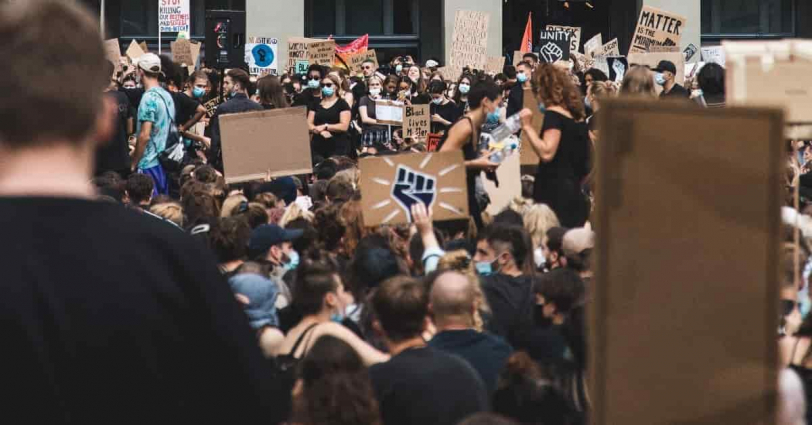
In the movie, the main focus is on the young people who demonstrate against the Vietnam War. The story is about their struggle and how they opposed the war. It’s an interesting part of the movie.
However, what I felt most strongly while watching the movie was the difficulty faced by the lead prosecutor, Schultz. Although being a defendant in a trial like the one depicted in the movie would be terrible, I sympathized even more with Schultz as the lead prosecutor.
At the beginning of the movie, Schultz tells the Attorney General that it’s impossible to convict the defendants of conspiracy. In fact, the Department of Justice had already concluded that they wouldn’t prosecute the case. However, when the Attorney General changed, the policy suddenly reversed, and they began prosecuting the protest leaders on trumped-up charges. Schultz was appointed as the lead prosecutor in such a situation, and he knew that it was an uphill battle to convict them of conspiracy.
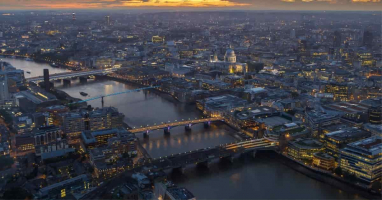
Schultz, however, is not in a situation where he can answer “No.” After all, he was appointed directly by the Attorney General. Furthermore the case he is in charge of is not just a simple trial. It is a highly political battle with a strong national color of “opposition to the Vietnam War,” and it is not the kind of thing that can be settled only in court.
Given such an absurd situation, there was nothing but sympathy for Schultz.
I myself do not naively believe that “the prosecution is a body that bears justice.” However, I think that those who aspire to be prosecutors and have passed through the gate of the prosecution by winning fierce competition still have the ideal of “wanting to achieve justice with their own hands.” Of course, in general, it should be considered that “justice has been achieved” in most trials. However, not all of them. Due to various dynamics, justice can be distorted.
I think that both the “distorted side” and the “distorting side” are unfortunate. At least Schultz did not want to prosecute the leaders of the demonstrations. He did not think that prosecution was “justice” according to the law. Nevertheless, he was forced to stand in such a situation.
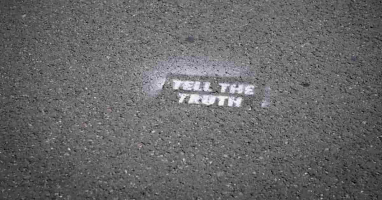
It is possible to pose questions like “Did those who gathered in Chicago to protest really achieve ‘justice’?” Simply saying “it is difficult to judge by law” does not necessarily lead to it being “justice.” It should be investigated separately from “law” regarding their “justice.” Personally, I think there are situations where it is acceptable to violate the law for something one believes is a “great cause.” In other words, I believe that judging solely based on “what action was taken” is not the right approach.
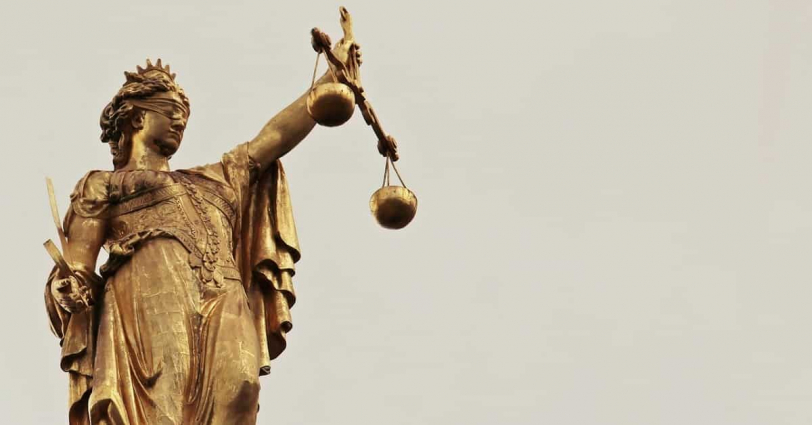
However, in any case, much of “justice” will have to wait for the judgment of history. We can only think in retrospect that “that was ‘justice'” in a way that will later be approved. Therefore, while waiting for the judgment of history, it must be judged by existing “laws.” Only those who have the determination to do so should take action.
Thinking this way, the difficulties that Schultz faced stand out even more. Because he was in a position where he had to assert “you are wrong” about something that should have waited for the judgment of history.
In this way, I have also become concerned about Schultz, who is by no means the main subject.
Content Introduction
The setting is May 1968, just before the Democratic National Convention is scheduled to take place. It’s in the midst of the Vietnam War, and young Americans are being sent to the battlefield one after another. Young people who are against the Vietnam War plan to hold a demonstration at the upcoming convention.
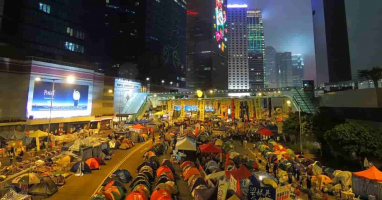
There were various groups mixed in there. Members of Students for a Democratic Society and Youth International Party flocked to Chicago. Also, leaders of anti-Vietnam war activists and the Black Panther Party went separately to Chicago. What they all had in common was the stance that “we should demonstrate democratically” and that it would be meaningless to confront violently.
Then time passes.
Five months after The Democratic National Convention, Schultz was summoned by the Attorney General. It was to appoint him as the lead prosecutor in the trial of the demonstration leaders. The Justice Department had examined the actions of the demonstrators at The Democratic National Convention and had once concluded that there was no need for prosecution. However, the policy changed with the change of the Attorney General. The Attorney General ordered that they be prosecuted for “conspiracy” using a law that had never been a precedent. Schultz felt it was clearly unreasonable, but the situation had already begun to move. He had no other choice.
And on September 26, 1969, the world’s attention turned to the trial that began…
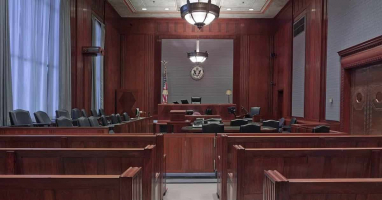
Impression
The situation of the demonstration and the relationships between the characters are quite complicated, and honestly, it could be difficult to grasp the overall picture of the movie. However, it was really interesting. The movie is structured with scenes of the trial interspersed with the movements of young people from the day before The Democratic National Convention. In other words, the trial is at the center of the story, and that trial is really interesting, even to someone like me who doesn’t know anything about the American legal system. The trial depicted in the movie is so abnormal that one can understand that it’s “unprecedented.”
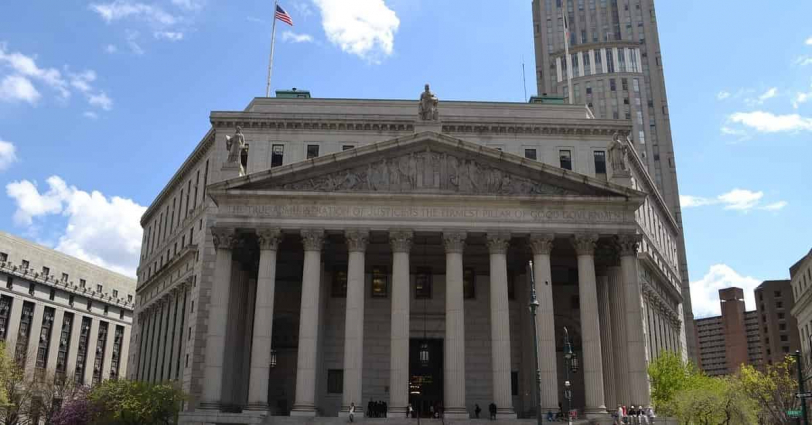
The biggest culprit of this is Judge Hoffmann. He is really dangerous. Can a judge like him be acceptable? His behavior is way out of line. I thought, “I wonder if judges like Hoffmann are the norm in America? ” But it doesn’t seem to be the case. At the end of the movie, subtitles appeared that said, “78% of Chicago lawyers judged Judge Hoffmann as unfit.” Of course, it’s no wonder, he was really crazy.
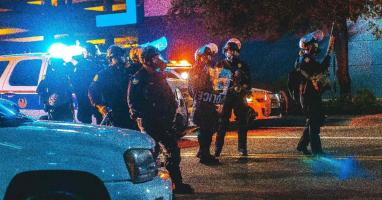
In the movie, there was no background description of Judge Hoffmann’s character, his emotional stance towards the Vietnam War, or whether the government was intervening in Hoffmann’s affairs. However, Judge Hoffmann’s attitude towards the defendants was abnormally cold. Of course, objectively, many of the defendants were clearly bad, but overall, I felt that Judge Hoffmann had many problems after all.
In this article, I won’t touch on the scene that would make anyone think “this is bad” when they watch a movie, but let’s talk about another scene. Judge Hoffmann allowed the testimony of an unusual witness, but with one condition: “Preliminary questions should be asked before letting the jurors in, and if important testimony is heard, then let the jurors in.” This method would be probably common in American courtrooms.
In response to these preliminary questions, the witness gave “amazing testimony” that was shocking and would make anyone judge it as important. However, Judge Hoffmann dismissed the witness, saying that “no important testimony had been heard.” By this point, there had been a growing sense of discomfort with Judge Hoffmann, and I couldn’t help but think, “Hey, is that okay?” inside my head. Nevertheless, the situation became complicated after that, making it difficult to judge. However, it still felt inappropriate as a way of proceeding in the trial.
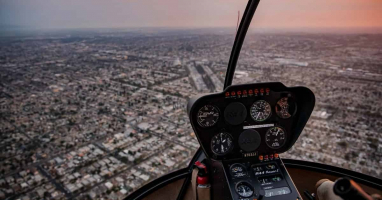
Additionally, there are many issues with the defendant, which makes it interesting to watch as an audience. The biggest problem is probably that they could not be united.
Tom Hayden, the leader of Students for a Democratic Society, and Abbie Hoffman, the leader of the Youth International Party, are two important figures in the trial. Abbie Hoffman coincidentally shares the same last name as the judge, adding to the confusion. Tom is a rational man who thinks about “how to behave advantageously in court,” while Abbie is the kind of man who takes actions that insult the judge in court. They are truly symmetrical figures. Their relationship changes throughout the story, which is quite interesting.
One particularly interesting scene is when Abbie seems to have taken the lead after the existence of a certain tape is revealed. From that scene on, the impression of both Tom and Abbie changes drastically.
The “flow leading up to the demonstrations” inserted between the trials can also be considered a highlight of the movie. Although it is difficult to determine how much of it is based on facts, this depiction made me think about the difficulty of managing crowds.
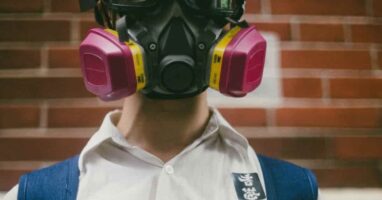
Various group leaders who gathered in Chicago wanted to proceed peacefully, but not all demonstrators shared the same ideas. The leaders were forced to control the large group of young people that had gathered, which was not an easy task. They had to make quick decisions in various situations, and some of their choices, which were not necessarily correct, led to fatal consequences. As a result, a “riot” broke out.

The reality is that leaders who struggled to prevent riots were being prosecuted as “ringleaders of the riots.” If we only look at the trial, we might get the impression that “the defendants are the bad guys,” but by being portrayed as they are actually “people who worked hard to prevent the riots,” a gap will be created between their appearance in court and who they really are. This contrast was skillfully depicted in the story.
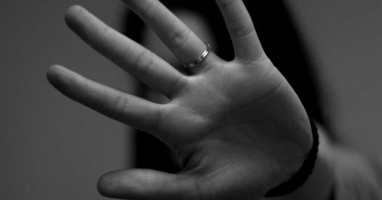
Conclusion
The ending of the movie was amazing above all else. It was an unexpected turn of events, and it was such a wonderful ending that I couldn’t imagine any other choice.
Judge Hoffmann, who had only given a sense of “unease” until then, could be said to be the only character who acted “appropriately” in this ending. However, precisely because of that, Judge Hoffmann is depicted as a person who “doesn’t look proper at all” (you would probably not be understood at all what I am saying). It’s a work that gives a refreshing feeling of “solidarity” born from that situation, and overall, I felt that it was a very attractive story that makes me think “maybe this kind of youth is okay too.”

Published Kindle books(Free on Kindle Unlimited)
“The genius Einstein: An easy-to-understand book about interesting science advances that is not too simple based on his life and discoveries: Theory of Relativity, Cosmology and Quantum Theory”
“Why is “lack of imagination” called “communication skills”?: Japanese-specific”negative” communication”

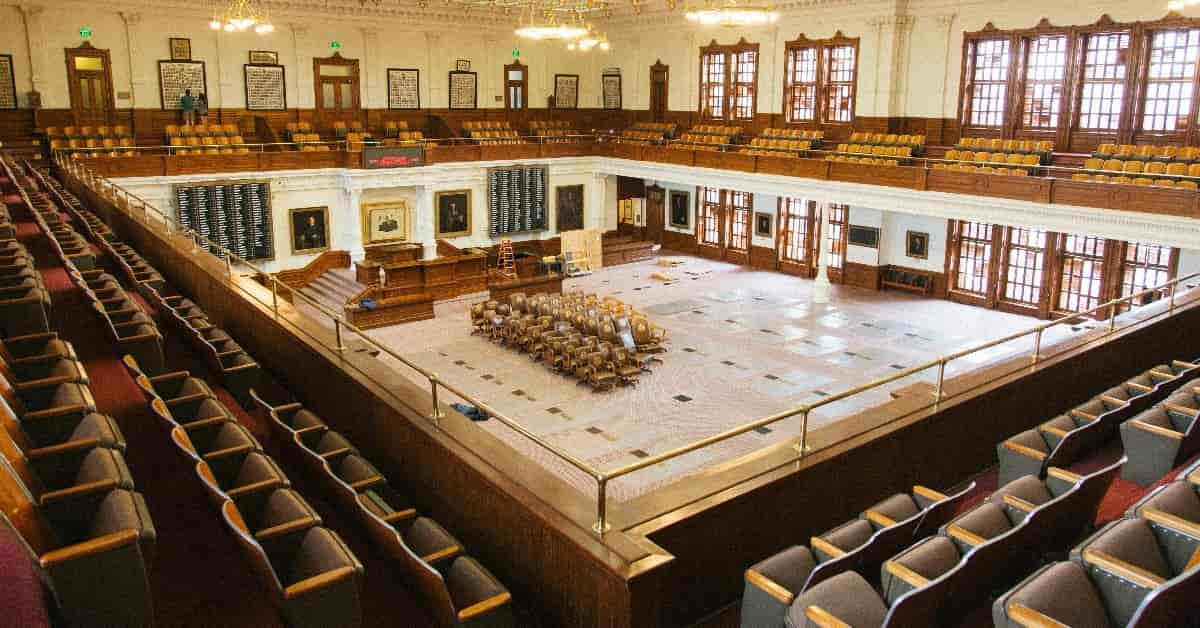





コメント